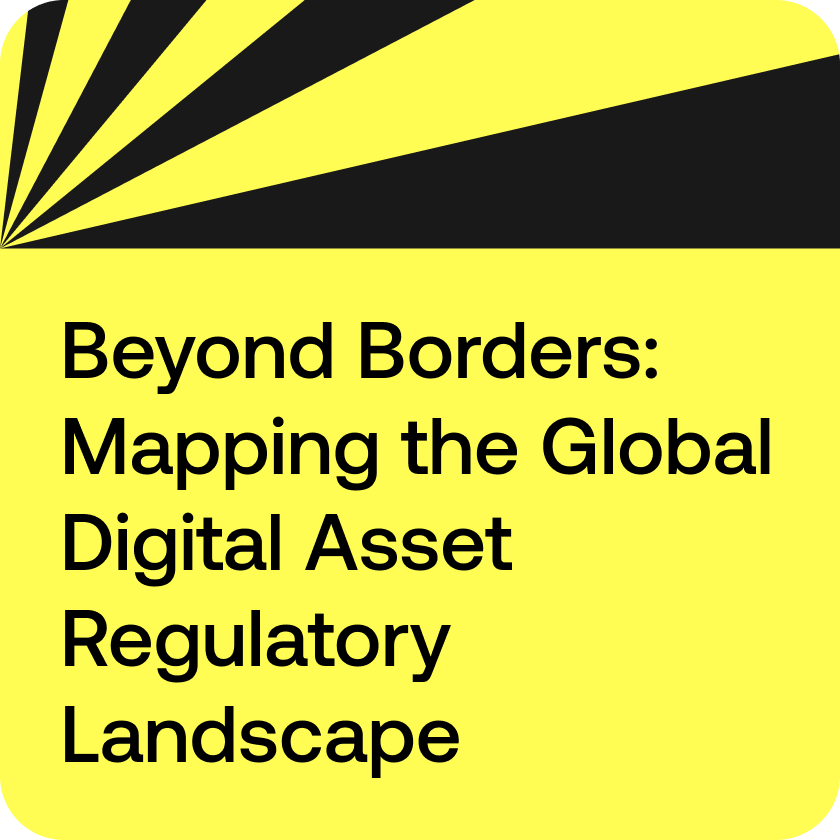Crypto Research & Investigation Training
You will learn how to create visualizations of interactions with bad actors and how to produce evidence to support investigations.
Attendees:
8 max
Next course:
22, 23, 29, 30 April 2024
Who is for:
Investigators & Law Enforcement
Price:
$1500 per person





Core competencies you will gain:
Understand the context of the crypto market and remain up to date with developments.
Conduct pre-investigation research and verify the information provided.
Be able to demix transactions manually.
Be able to complete a crypto asset investigation using specialized tools and provide a detailed, accurate report of their findings.
Be able to conduct an investigation involving a decentralized exchange service provider, including instant swap services and bridges.
Be able to conduct ‘backtracing’.
Be able to interact with smart contracts to find new investigative leads.
Meet our lecturers

Nick Smart
Expert in intelligence and security, covering blockchain, political, social, military, economic, information and infrastructure issues.

Bright Mawudor
Cybersecurity expert and member of the CyberSafe Foundation and EC Council.

Andrii Sovershennyi
Crystal’s investigative expert experienced in investigating ransomware attacks, sanctions, terrorism financing, romance scams and theft.

Sviatoslav Dubovskyi
Cryptocurrency expert engaged by UNODC and OSCE for advanced training on virtual asset investigations.

Federico Paesano
Financial investigations specialist and former Basel Institute on Governance cryptocurrencies training lead.
The 10-hour course will be delivered online over four days, on Mondays and Tuesdays, spread over two weeks.
Introduction to Investigations: What are the goals of a crypto asset investigation?
Investigation Workflow
Information Requirements
Open Source Intelligence for Crypto Assets
Operational Security for Investigations
Practical Skills 1: Path Selection
This course will teach you to investigate crypto transactions and follow funds. You will learn how to create visualizations of interactions with suspicious entities and individuals and how to produce evidence to support investigations.
This course has been created for
Investigators
Law enforcement
Compliance professionals
Regulators
Course dates
There are 4 days of training that will be delivered over two weeks on consecutive Mondays and Tuesdays. For more information on start times, please see FAQs.


Nick Smart
Nick Smart · Andrii Sovershennyi
Andrii Sovershennyi


Bright Mawudor
Bright Mawudor · Federico Paesano
Federico Paesano


Bright Mawudor
Bright Mawudor · Federico Paesano
Federico Paesano
What can I expect from the course?
At the end of the course, participants will be equipped with all the skills and knowledge needed to successfully investigate criminal activity involving cryptocurrency use.
Through a combination of presentations, case studies and practical exercises, the following topics will be covered:
- Understanding Blockchain Technology and Cryptocurrency Basics: This includes learning the fundamentals of blockchain technology, how it works, its components (blocks, transactions, nodes, etc.), and its cryptographic principles. Understanding various cryptocurrencies such as Bitcoin, Ethereum, Ripple, etc. Learning about their functionalities, differences, and the underlying technologies.
- Crypto Transactions: Learning how cryptocurrency transactions work, including how they’re initiated, processed, confirmed, and recorded on the blockchain.
- Wallets and Addresses: Understanding different types of cryptocurrency wallets, how they store private keys, and how public addresses are generated.
- Transaction Analysis with explorers: Learning how to trace and analyze cryptocurrency transactions on the blockchain, including identifying transaction inputs and outputs, following fund flows, and mapping wallet addresses.
- Transaction Analysis with professional tools: using specialized software to trace and analyze cryptocurrency transactions, visualize transaction flows, fund movements, and connections between wallet addresses and entities, perform risk scoring and assessment.
- Crypto Exchanges and Services: Understanding the role of cryptocurrency exchanges and other services in facilitating transactions. Learning how to get in contact and serve requests through informal and fomal means of communication.
- Regulatory Compliance: Understanding the legal and regulatory aspects of cryptocurrency investigations, including anti-money laundering (AML) and know-your-customer (KYC) requirements.
- Tools and Techniques: Familiarizing yourself with tools and techniques used in crypto investigations.
- Case Studies and Practical Exercises: Engaging in real-world case studies and practical exercises to apply the knowledge and skills learned throughout the training.
- Seizure and confiscation: Understanding the legal procedures and requirements for seizing and confiscating crypto assets, including obtaining court orders, warrants, or other legal instruments authorizing asset seizure. Addressing technical challenges associated with seizing and managing crypto assets, such as securing private keys, accessing encrypted wallets, and ensuring the integrity of seized assets during storage and transfer
- Emerging Trends and Threats: Staying updated on the latest trends, developments, and threats in the cryptocurrency landscape, including new cryptocurrencies, technologies, and illicit activities.
What do I need to know or prepare before taking the course?
Before undertaking any course, students will be required to complete a foundation skills assessment to assist instructing staff with the overall skill and knowledge level of the participants. This score will not constitute any part of a course qualification; however, in order to attend the expert-level courses, students must achieve greater than 80% on this assessment.
Will I be tested afterward?
Upon completion of the course, students must obtain a minimum score of 80% on a multiple-choice skills assessment questionnaire to be eligible for a qualification. In the case of Expert level courses, students might also be required to perform a practical investigation and submit a written report. The report must meet the standards set by the course directing staff to be considered acceptable.
How long is the certificate valid?
Expert level courses and certifications are valid for 12 months. After that a refresher course must be taken to maintain the validity of the certification.
Does the course include access to Crystal?
The students will have access to the Expert version of Crystal for the entire duration of the course.


